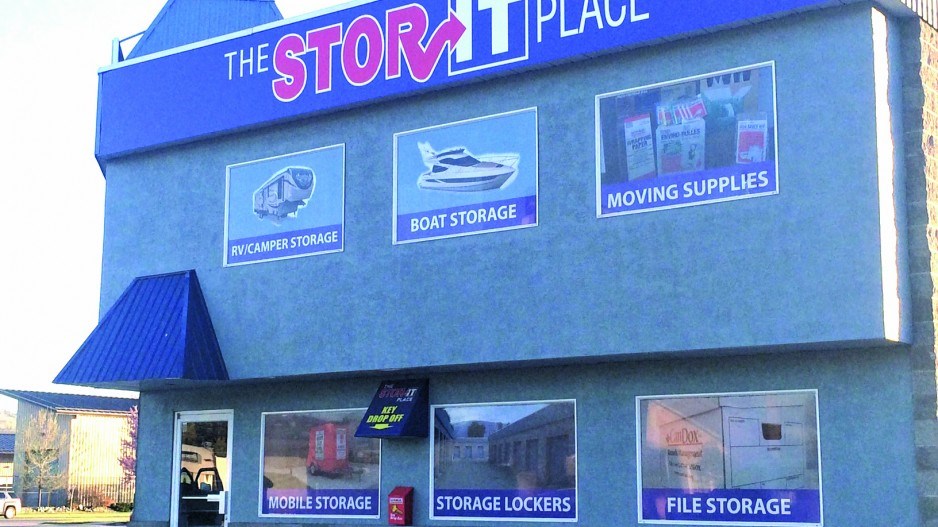Self-storage is becoming a hot commercial real estate sector, with many B.C. properties seeing 90% occupancy levels and per-square-foot rents that can surpass that of a condominium.
In Metro Vancouver, typical rent for a 100-square-foot self-storage unit ranges between $1.84 and $2 per square foot, which, according to an Urban Analytics study, is equal to a typical condo rent in Burnaby or Richmond.
“Storage lockers are a simple investment,” said Vancouver real estate consultant Ozzie Jurock. “There’s often no heat, little maintenance, and if you want to make it a luxury unit you put in a light bulb.”
Two primary factors influence storage, according to Vadim Kobasew of Re/Max Commercial, who specializes in self-storage sales: the large amount of stuff that people acquire and their reluctance to throw any of it away.
On average, one-third of self-storage clients store their stuff for three years, meaning a steady cash flow for the owners, Kobasew noted.
There are other quirks that make self-storage property different from most commercial real estate. The buildings can be in less-than-desirable locations: small towns, noisy roads on the outskirts of cities or tucked in behind industrial areas.
Tenants pay little or no deposit and can leave at a moment’s notice, but Kobasew pointed out that, because of the wide tenant base, owners are protected from long-term vacancies that can occur in other commercial real estate categories.
Studies show that nearly 80% of Canadian self-storage properties remain in the hands of small independent owners, but the sector has begun to hit the radar of large institutional investors.
Of the top 25 real estate investment trusts measured in five-year returns on investment last year in the U.S., four were in the self-storage business, according to SNL Financial, a real estate research firm.
Los Angeles-based DealPoint Merrill recently launched a $25 million fund that will convert former retail properties, in particular stand-alone big boxes and strip centres, into self-storage properties.
“Self-storage is now legit; it’s not anymore like that odd business model that nobody really understood,” said R. Christian Sonne, executive managing director in Cushman & Wakefield Inc.’s self-storage industry group. “We’ve had entities from family money to equity firms and hedge funds jumping into the sector, which is now considered at least core, if not core-plus.”
Kobasew added that some B.C. investors have been creating portfolios of self-storage buildings, but they’re mostly looking for large facilities of 200 to 300 units or more, which are rare.
He said the typical investor profile and facility remains “mom-and-pop” operations that provide a relatively secure investment or retirement income with a minimum of management.




